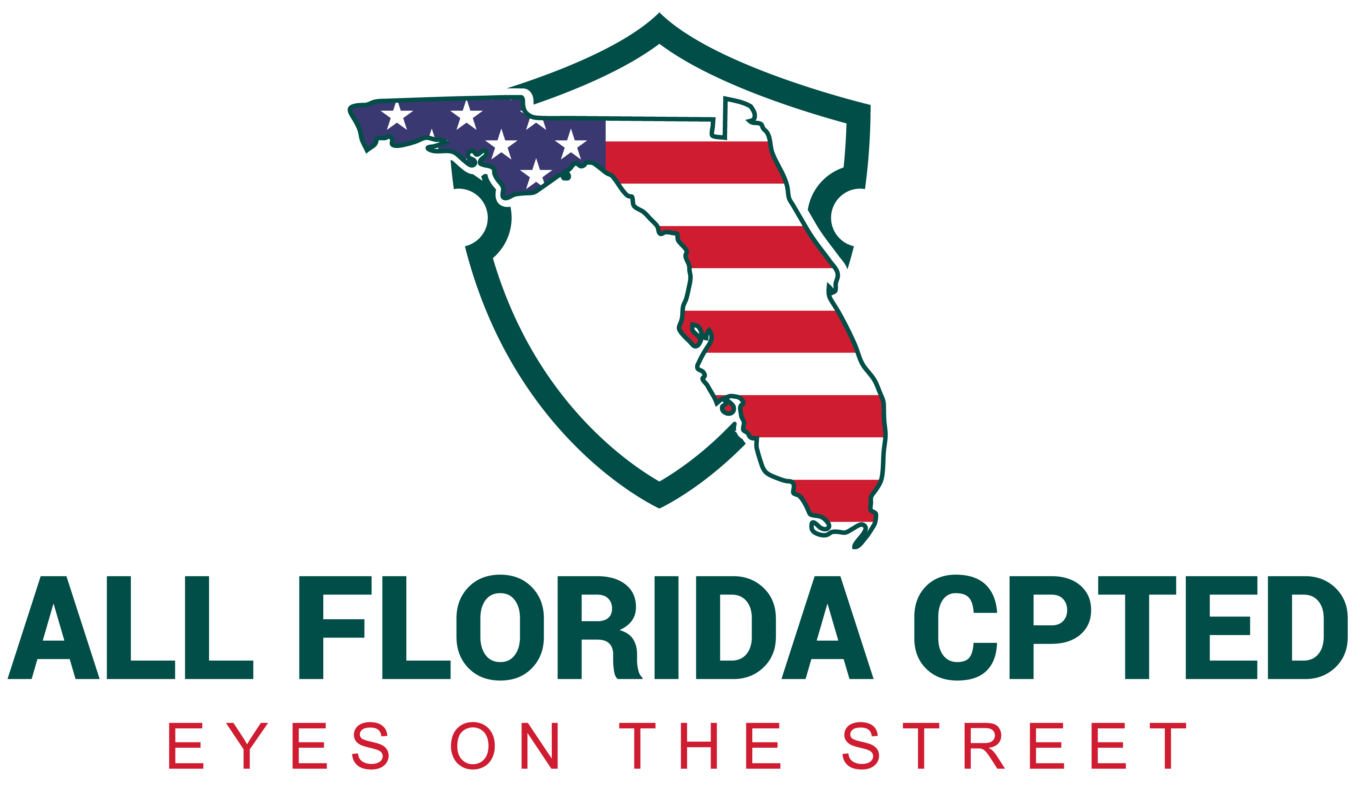“Safe neighborhood improvement district,” “district,” or “neighborhood improvement district” means a district located in an area in which more than 75 percent of the land is used for residential purposes, or in an area in which more than 75 percent of the land is used for commercial, office, business, or industrial purposes, excluding the land area used for public facilities, and where there is a plan to reduce crime through the implementation of crime prevention through environmental design, environmental security, or defensible space techniques, or through community policing innovations. Nothing in this section shall preclude the inclusion of public land in a neighborhood improvement district although the amount of land used for public facilities is excluded from the land use acreage calculations.
“Association” means a property owners’ association which is incorporated for the purpose of creating and operating a neighborhood improvement district.
“Department” means the Department of Commerce.
“Board” means the board of directors of a neighborhood improvement district, which may be the governing body of a municipality or county or the officers of a property owners’ association or the board of directors of a special neighborhood improvement district or community redevelopment neighborhood improvement district
“Environmental security” means an urban planning and design process which integrates crime prevention with neighborhood design and community development.
“Crime prevention through environmental design” means the planned use of environmental design concepts such as natural access control, natural surveillance, and territorial reinforcement in a neighborhood or community setting which is designed to reduce criminal opportunity and foster positive social interaction among the legitimate users of that setting.
“Defensible space” means an architectural perspective on crime prevention through physical design of the environment to create the ability to monitor and control the environment along individual perceived zones of territorial influence that result in a proprietary interest and a felt responsibility.
“Enterprise zone” means an area designated pursuant to s. 290.0065
“Community policing innovation” means techniques or strategies as defined by s. 163.340.
